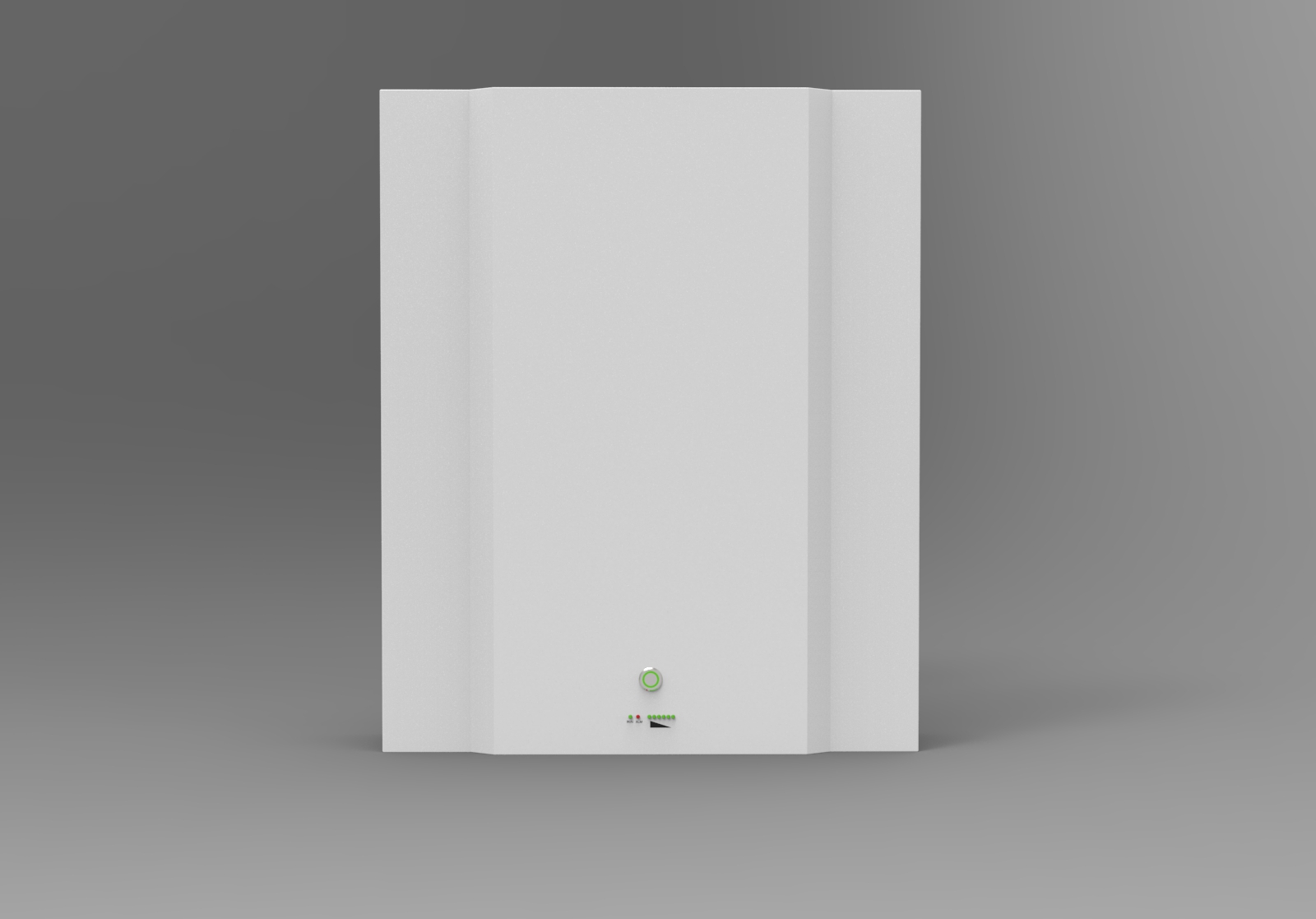How to Charge Lithium Golf Cart Batteries - Professional Tips

Are you looking for a way to keep your golf cart's lithium battery fully charged and ready to go? As a Top lithium battery manufacturer in china, I'm here to tell you that proper charging is critical to optimize battery performance. In this article, I'll provide step-by-step instructions on how to charge your golf cart lithium battery so you can confidently control your vehicle's power supply.
The first thing you need to do when it comes to charging your lithium golf cart batteries is to get the right charger. This will ensure that these powerful cells are safely recharged without any risk of damage or overheating. Once you have the correct charger, all you need is access to an electrical outlet and some patience while the charging process takes place - it typically takes several hours before the battery reaches full capacity.
Finally, we'll cover important maintenance tips that should be followed during each charge cycle, such as checking the water levels and watching out for signs of corrosion or other issues. With just a little bit of effort, following my advice will help ensure that your lithium golf cart battery remains healthy and functioning properly over time. Ready to start taking control of your power source? Let's dive into the details!
Overview Of Lithium Golf Cart Batteries
Lithium golf cart batteries are the latest and greatest in battery technology. With their lightweight, long lifespan, and consistent power output - they are quickly becoming the go-to choice for those looking to upgrade their electric golf carts.
To begin with, let's discuss the various types of li-ion golf cart batteries available on the market today. The most popular type is likely the 12V Lithium Iron Phosphate (LiFePO4) battery. This model offers superior performance and can last up to five times longer than traditional lead acid alternatives. Additionally, LiFePO4 batteries require no maintenance or watering and have built-in safety features that protect against overcharging or discharging.
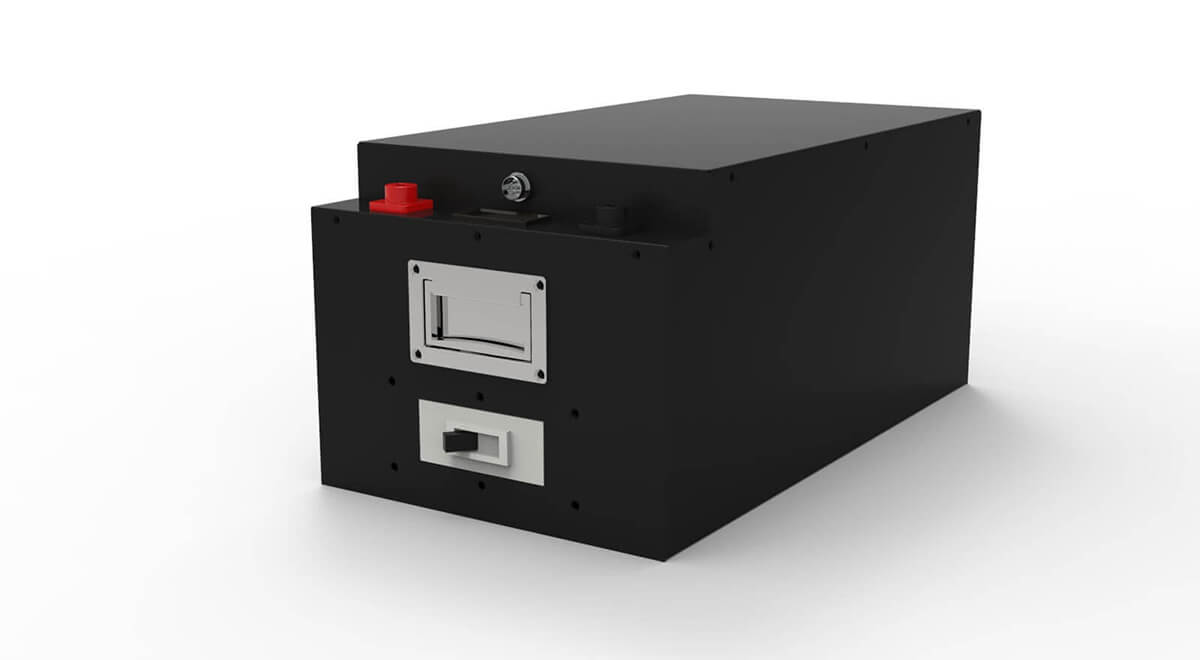
For those who prefer something more powerful and flexible, there are also higher voltage models such as 24V, 36V and 48V versions which offer significantly more power while maintaining a longer life expectancy than even the best lead acid options. These newer lithium battery technologies come in a variety of shapes and sizes making them ideal for almost any application imaginable.
No matter what your needs may be, it's important to understand these different types of lithium golf cart batteries before deciding which one fits your lifestyle best. Taking into consideration factors such as cost, size, weight, durability, performance - all will help you make an informed decision so that you can enjoy your electric vehicle for many years to come!
Benefits Of Using Lithium Batteries
Lithium batteries offer numerous benefits that make them an excellent choice for powering golf carts. Li-ion technology is more efficient and reliable than other types of battery, resulting in longer run times with fewer recharges needed between uses. This performance boost results in increased usage time when out on the course, as well as a reduced need to recharge while playing.
In addition to improved battery performance, lithium batteries have some long-term gains over traditional lead acid or AGM (Absorbed Glass Mat) technologies. These include lower maintenance costs due to their lighter weight and higher longevity into multiple cycles. Lithium batteries also typically require less frequent replacement, which can save money down the line.
Finally, users who prefer control will appreciate the fact that lithium batteries are fast charging; this means you don’t have to wait around for hours before your cart is ready to go again. With these advantages taken together, it's easy to see why many golfers choose lithium-powered vehicles for their next round.
Types Of Lithium Golf Cart Batteries
Did you know that lithium-ion golf cart batteries account for 70% of all golf carts sold in the US? Now let's discuss the different types of lithium ion golf cart batteries.

The most common type is the LiFePO4 battery, also known as a Lithium Iron Phosphate battery. This type has high energy density and a low self-discharge rate, making it ideal for use in electric vehicles. It is also very efficient at charging and discharging, meaning it can be used for long periods without needing to be recharged. The downside of this battery is that it has a higher upfront investment cost than other types of lithium-ion batteries.
Another type is the NMC or Nickel Metal Hydride battery. This type offers more power than LiFePO4 but with a shorter life span and higher cost per cycle. It is often used in industrial applications due to its ability to store large amounts of energy while still being able to hold its charge over time. While these are great characteristics, they come at an increased price tag compared to LiFePO4 models.
So depending on your needs and budget, there are several types of li-ion golf cart batteries available on the market today. With proper care and maintenance, any one of these can provide reliable service for years to come!
Proper Storage And Maintenance Of Batteries
Proper storage and maintenance of lithium golf cart batteries is essential to ensure they last as long as possible. Li-ion battery storage should be done in a cool, dry place away from any direct sunlight or heat sources. The temperature for li-ion battery storage needs to remain between -20°C (-4°F) and 45°C (113°F). It’s also important to keep the area free of dust, dirt and moisture for optimum performance.
When it comes to regular maintenance activities like checking on electrolyte levels or cleaning terminals, these should only be done by experienced professionals. Trying to perform DIY maintenance on your own can lead to costly mistakes that could end up damaging the battery permanently.
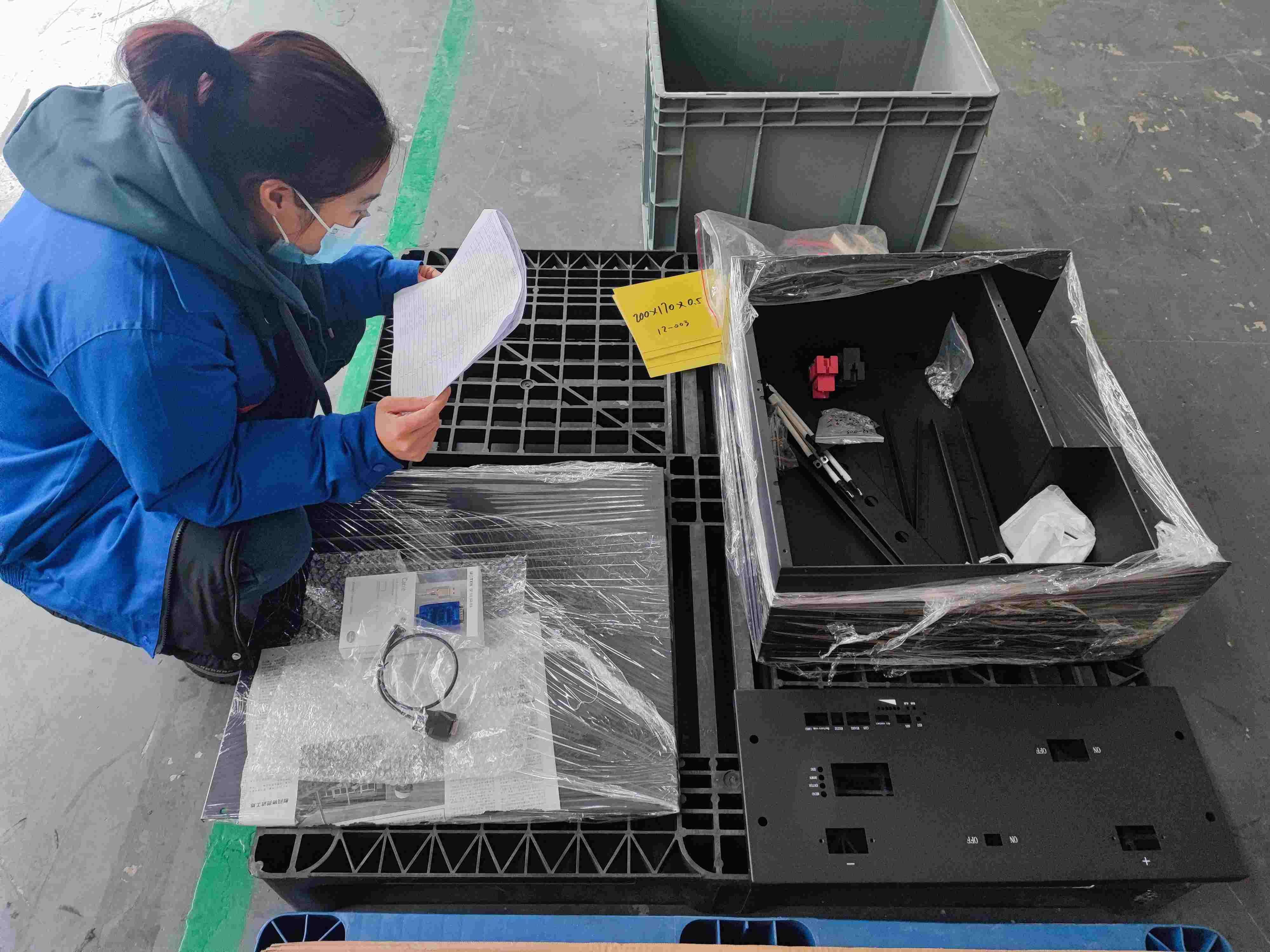
The best way to maintain your lithium golf cart batteries is through proper care and handling techniques while using them. This includes avoiding running the battery down completely before recharging it and not overcharging either. Additionally, you want to make sure the charge cycle never exceeds 4 hours at most; this helps increase their overall longevity and prevents damage due to improper usage.
Taking all these steps into consideration will help ensure your lithium golf cart batteries are stored safely and properly maintained so they provide optimal performance for years to come.
Charging Guidelines For Lithium Golf Cart Batteries
Charging lithium golf cart batteries can seem like a daunting task, but with the right knowledge and guidance, it can be an exhilarating experience.
The proper charging of any lithium battery is essential to maintaining its health and performance over time. When handling lithium-ion batteries, it's important to keep safety top of mind as they are sensitive and require special care when charging them.
- When charging your cart batteries, make sure that the voltage does not exceed or drop below the recommended level specified by the manufacturer.
- Overcharging can result in damage to the cells while undercharging will lead to reduced battery life. Be sure to monitor the voltage levels carefully throughout the process.
- Use only chargers specifically designed for Li-Ion technology and avoid mixing old technologies such as nickel-cadmium (NiCd) or Lead Acid with Li-Ion systems.
These are just some of the many considerations when ensuring proper charging of lithium golf cart batteries. If done correctly and regularly maintained according to manufacturer specifications, your lithium golf cart should remain reliable and safe for years to come!
Safety Precautions When Charging
When it comes to charging lithium golf cart batteries, safety measures are paramount. As such, there are several precautions that must be taken in order to ensure the safe operation of the battery charger and the health of your batteries. First and foremost, avoid overcharging or undercharging your lithium batteries this can lead to damaging them beyond repair. Additionally, always make sure you're using a quality battery charger specifically designed for lithium-ion cells.
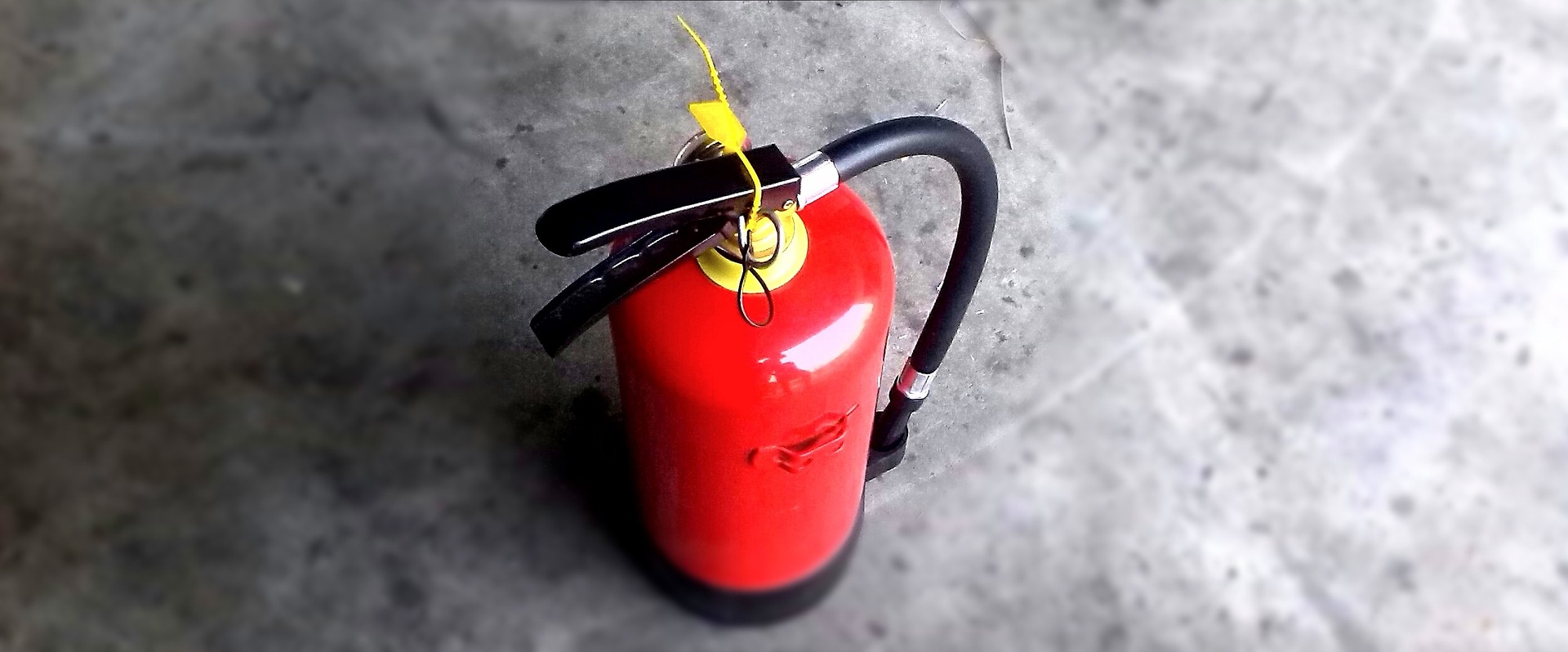
Next, when installing your lithium golf cart batteries into the charger, take care not to short-circuit any connections by connecting positive and negative terminals together directly or through other metal objects. Doing so could cause an explosion or fire hazard as well as potentially damage your battery pack and even void its warranty.
Finally, never leave your battery unattended while it’s connected to a charger always monitor the charge level during each cycle and disconnect from power immediately once finished. Taking these simple steps will help ensure both you and your batteries remain safe during every charge cycle!
Signs Of Overcharging Or Undercharging
When it comes to charging lithium golf cart batteries, there is no room for error. To ensure the safety of your battery and its performance, you must know how to recognize signs of overcharging or undercharging.
To begin with, keep an eye out for any changes in charge time indications. Your charger should tell you when your battery has been fully charged; if it takes longer than usual to reach full capacity, this could be a sign that the battery is being overcharged. Similarly, if the charge cycle ends before the indicator says it should have, then this could suggest undercharging.
In addition to observing charge times, pay attention to battery level indicators as well. If these readings are significantly higher or lower than what they usually are after a full charge cycle, then the battery may be getting too much or not enough power from the charger. Also look out for any flickering lights on the display panel which can signify faulty wiring or other issues related to overcharging or undercharging.
While keeping track of all these indicators is essential for safe charging practices, don't forget: ultimately, only regular maintenance will help prevent long-term damage caused by improper charging techniques. So make sure you check up on your lithium golf cart batteries regularly and take appropriate action whenever necessary!
How To Check Battery Voltage
Checking the voltage of your lithium golf cart battery is essential to proper charging. You'll want to measure the battery level before, during, and after any charge cycles in order to ensure it's properly charged and ready for use. There are several ways you can check li-ion voltage levels:
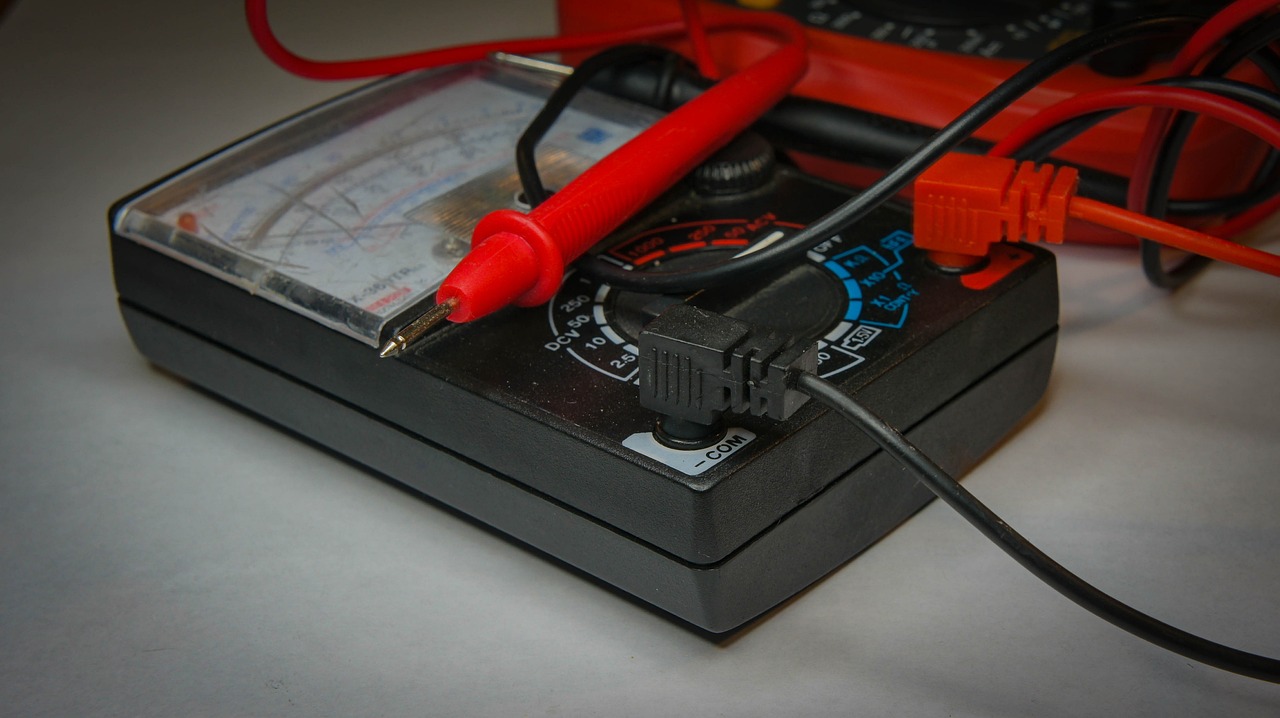
The first way is with a multimeter. A multimeter is an electronic device used to measure electrical current and other properties such as voltage and resistance. To use one for checking your lithium battery’s voltage, simply connect the red lead from the meter to the positive terminal of your battery and then touch the black lead from the meter to a good ground on your vehicle (such as a chassis bolt). The display will tell you how many volts have been stored in the pack.
Another method that’s gaining popularity involves using a specialized charger/tester called a “battery maintainer." Battery maintainers work by monitoring the chemistry inside each cell of your lithium golf cart battery while providing just enough current to keep them at their optimal performance level without overcharging or damaging them.
In short, there are two quick yet effective methods available for measuring li-ion voltages: using a multimeter or utilizing a dedicated tester like a battery maintainer. Know that it's important to regularly check your lithium golf cart battery's voltage levels so you can be sure they're always safe and fully charged when needed!
Troubleshooting Common Issues
When dealing with battery-fault diagnosis, knowing how to identify what is wrong is key. Check the charger connections first - improper connections may cause a lack of charge in your battery cells. If all connections are secure and working correctly, then it may be time to check each cell individually for any signs of damage or faulty components that need replacing. Battery cell balancing is also important; if one cell has lost more charge than others, this could lead to discharge issues further down the line.
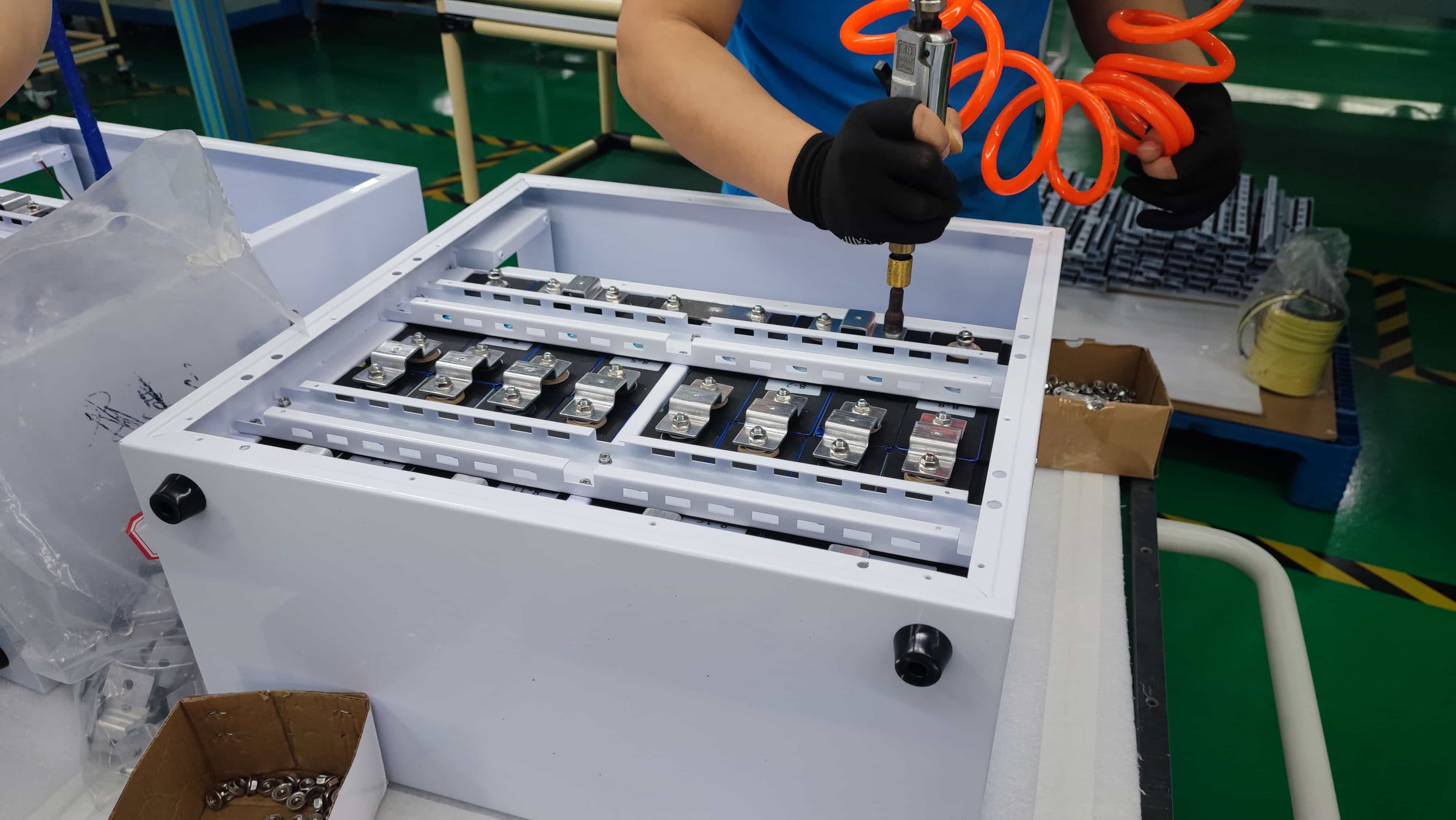
Faulty batteries will require replacement which can sometimes be expensive depending on the model and size. Luckily there are many online resources available offering detailed instructions on how to replace them safely and cost-effectively. It's also worth noting that some models offer warranty protection so ensure you make use of this when applicable!
To maintain optimal performance from your lithium golf cart batteries over time, regular monitoring is essential as well as keeping up with maintenance tasks such as adjusting fluid levels and cleaning terminals regularly. Taking these preventative steps should reduce the chances of encountering charging problems in the future while ensuring the safe operation of your equipment at all times.
Learn More Top Questions About Lithium Batteries!
Battery Capacity And Lifespan
When it comes to lithium golf cart batteries, battery capacity and lifespan are two very important factors. All li-ion batteries have a finite amount of energy they can store, which is referred to as their “capacity This capacity determines how long you will be able to run your vehicle before needing to recharge the battery.
Battery life expectancy also plays an important role in determining how long you will get out of your battery pack before needing replacement. Li-ion batteries typically have longer lifespans than traditional lead acid or NiCd batteries, but this does not mean that your li-ion battery won’t suffer from premature aging due to overcharging or excessive discharge cycles.
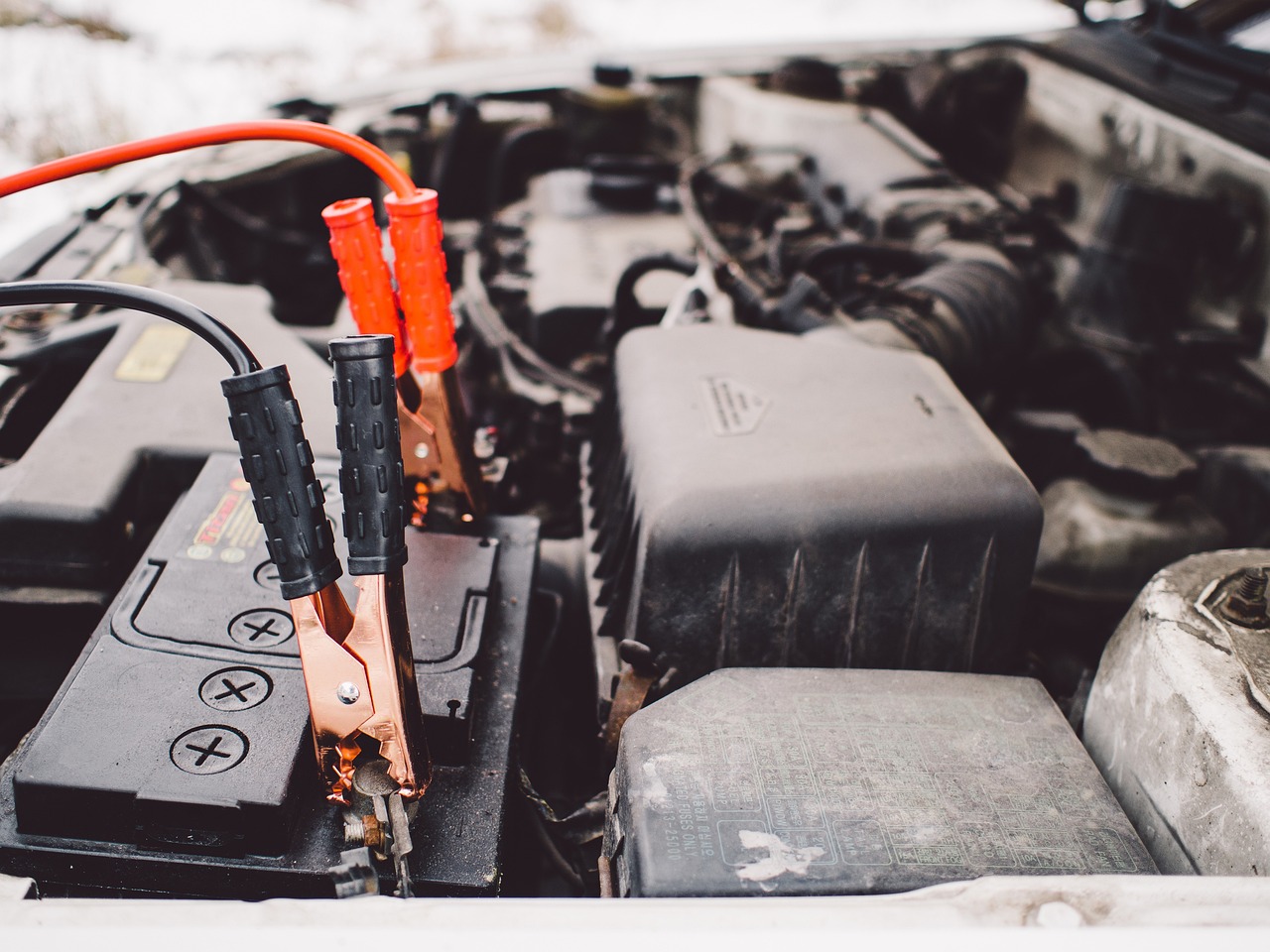
The key to maximizing the life expectancy of your li-ion battery is proper care and maintenance. Always ensure that you charge the battery according to manufacturer instructions, and never allow the cell voltage level to fall below 3 volts per cell for extended periods of time (this could cause irreversible damage).
Additionally, avoid discharging your battery to more than 80% of its rated capacity on any given day; if possible, keep it between 50-80%. Finally, always use a quality charger designed specifically for charging lithium-ion cells—avoid cheap knockoffs at all costs!
These simple guidelines should help extend the life of your li-ion pack by several years compared with other types of batteries. With regular maintenance and proper usage habits, you should expect hundreds of miles out of each charge cycle and thousands upon thousands of miles throughout the lifetime of your lithium golf cart battery!
Advantages Of Off-Board Chargers
It's no surprise that off-board chargers have become a popular choice for lithium golf cart batteries. With an off-board charger, you can charge your battery remotely and conveniently from any power source such as AC or solar. This means you don't need to be near the vehicle in order to charge it up. Additionally, these portable chargers offer many more advantages than standard onboard charging methods.
One of the most significant benefits of using an off-board charger is that they are highly efficient compared to traditional onboard systems. Furthermore, these chargers provide precise voltage regulation which protects the battery cells from overcharging or undercharging - both of which can reduce cell life if not monitored correctly. Thanks to their portability, they also allow users to easily move them between multiple vehicles without having to physically connect them each time - providing ultimate convenience while reducing setup times significantly.
Finally, there are numerous safety benefits associated with using an off-board charger when charging li-ion batteries too. Not only do these chargers feature built-in protection against short circuits and reverse polarity, but they also come equipped with temperature sensors designed to stop charging should temperatures exceed safe levels. All this combined ensures maximum performance and longevity for your lithium golf cart battery throughout its lifetime.
Smart Chargers And Their Usage
Smart chargers are the savvy solution for charging lithium golf cart batteries. They offer an efficient and effective way to manage power on a large scale, allowing users to take control of their battery's charge levels. Smart charger usage is a must for any vehicle powered by a li-ion battery pack or individual cell. Here are three key benefits of using smart chargers:
- Increased Safety: Li-ion smart chargers monitor voltage levels during each phase of the charging process, ensuring optimal safety conditions while protecting against overcharging and overheating.
- Extended Lifespan: Battery smart chargers can extend the life span of your golf cart battery by providing consistent voltages throughout the charging cycle, avoiding periods of prolonged overcharge which reduces degradation in performance capacity.
- Improved Efficiency: Charging lithium batteries with a smart charger will improve efficiency as it adjusts current flow according to temperature fluctuations, meaning that energy isn't wasted needlessly due to inefficient distribution.
Coupled with proper maintenance and preventative care, utilizing a golf cart smart charger is essential in order to optimize the performance and prolong the life expectancy of your lithium golf cart battery. With its flexible design and customizable settings, this convenient device makes managing your charging needs easy and reliable - giving you complete confidence when powering up!
Disadvantages Of Using Li-Ion Batteries

Charging lithium golf cart batteries comes with several drawbacks that users should consider. These include shortened lifespan, high costs, overheating risks, and volatility risks.
| Disadvantages | Explanation |
|---|---|
| Shortened Lifespan | Overcharging or undercharging can reduce the battery's life expectancy. |
| High Cost | Lithium-ion batteries are more expensive than lead acid ones. |
| Overheating Risks | When charging Li-Ion Batteries at a too high rate of speed, they may overheat and become damaged as a result |
| Volatility Risks | Li-Ion Batteries have a risk of catching fire if not charged properly due to their volatile nature |
The charge time for lithium golf cart batteries is also longer than most other types of batteries, which can be inconvenient for those who want quick results. Moreover, certain chargers must be used specifically for lithium ion batteries in order to ensure safety during charging—these specialized chargers will cost additional money beyond what it takes to purchase the battery itself. Furthermore, because these specialized chargers need to be monitored closely while in use, this increases labor costs associated with using them as well.
In summary: Using Li-Ion Batteries has its pros and cons there is cost-effectiveness but with potential overheating risks; increased charge times but with safety concerns and higher prices when purchasing specialized chargers; plus volatility risks that come along with this type of battery technology. In short: choose wisely when weighing out your options before making any decisions concerning charging lithium golf cart batteries!
Other Alternatives To Li-Ion Batteries
If you are looking for an alternative to lithium golf cart batteries, there are several options available.
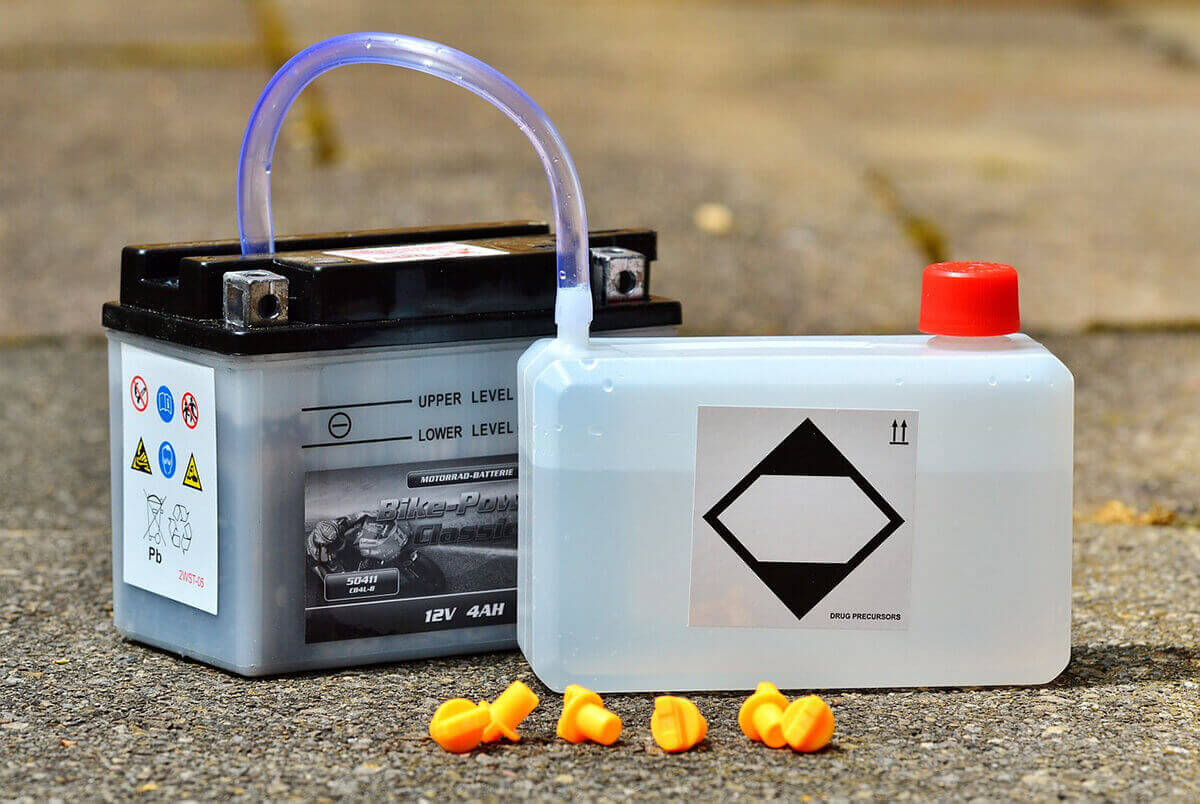
Lead-acid and lead-calcium batteries offer a reliable source of power, but they require frequent maintenance and can be heavy. Nickel-cadmium and nickel-metal hydride batteries provide more efficient energy storage, but the cost is higher than other types of battery technology.
Sealed-lead acid (SLA) batteries are popular amongst golfers due to their lightweight design and long service life with minimal upkeep required. SLA batteries have become increasingly popular in recent years as they offer a great balance between price, performance, reliability and weight.
The two main advantages of Li-ion over these alternatives is that they do not need any additional maintenance or topping up after charging has been completed; also they are much lighter in comparison which makes them ideal for use on electric vehicles such as golf carts. These benefits make Li-Ion the preferred choice by many experienced golfers who demand the highest level of convenience when it comes to powering their vehicles.
However, if you prefer something more traditional then one of the aforementioned non-Li-ion technologies could be suitable depending on your budget and needs. All five types of batteries will give you good service if properly maintained it all depends on what works best for you!
Conclusion

It's clear that the process of charging lithium golf cart batteries can be a tricky one. After all, there is an immense amount of power being stored in these cells and it must be handled with extreme caution. However, with proper maintenance, understanding and following manufacturer instructions as well as using alternatives such as trickle-charging or storage methods, users can safely charge their lithium golf carts without worry.
Here are some key takeaways for optimal battery performance:
- Properly maintain your lithium-ion cell by keeping it clean and free from dust and debris
- Ensure you follow the manufacturer's instructions when charging to ensure the maximum life span of the battery
- Consider alternative charging methods like trickle-charging or storage methods if possible
For those who have taken the time to understand how lithium golf cart batteries work and what needs to be done for proper care, they'll find that maintaining their battery will result in long-lasting reliable performance throughout its lifespan. With dedicated attention given to safety first, along with carefully following the lithium battery manufacturer's instructions, users should expect nothing but good results while on the go!
